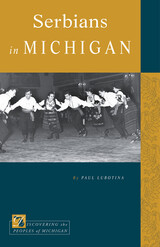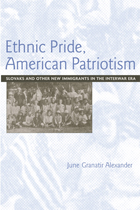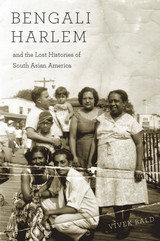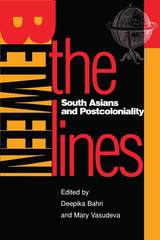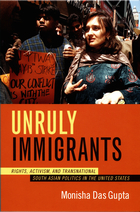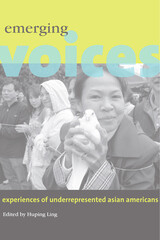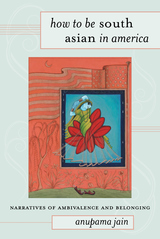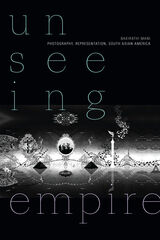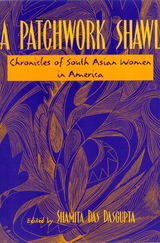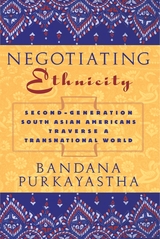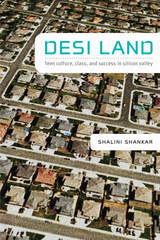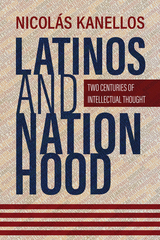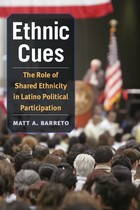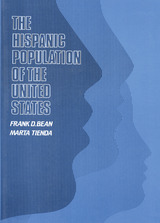A Part, Yet Apart: South Asians in Asian America
Temple University Press, 1998
Cloth: 978-1-56639-577-9 | Paper: 978-1-56639-578-6 | eISBN: 978-1-4399-0455-8
Library of Congress Classification E184.S69P37 1998
Dewey Decimal Classification 973.04914
Cloth: 978-1-56639-577-9 | Paper: 978-1-56639-578-6 | eISBN: 978-1-4399-0455-8
Library of Congress Classification E184.S69P37 1998
Dewey Decimal Classification 973.04914
ABOUT THIS BOOK | AUTHOR BIOGRAPHY | TOC
ABOUT THIS BOOK
As people from the cultures of the Indian sub-continent increasingly participate in the complex and often heated debates about race and ethnicity in the United States, they confront questions about naming and claiming an identity that designates their group in this country. To be sure, claiming any single identity omits, perhaps threatens to obliterate, the significant political, historical, economic, and religious differences between their countries of origin. However, the term "South Asian" is growing in acceptance among people in this country who trace their heritage to India, Pakistan, Sri Lanka, Bhutan, Bangladesh, Nepal, and Maldives because it acknowledges common interests while it allows for difference.
This construction process parallels the gradual acceptance of the term "Asian American" by peoples primarily of East and Southeast Asian ancestry who found abundant reason to claim a shared identity in dealing with officialdom and an apparently intractable racism in this country. In time, "Asian American" has become a designation of collective pride for a wide range of peoples. In academic institutions and society generally, there are vexed questions about the term's inclusiveness and the dominance of established groups over more recent ones.
A Part, Yet Apart: South Asians in Asian America concerns itself with the extent to which South Asian American are and ought to be included within Asian America -- as that term is applied to academic programs and admission policies; grassroots community organizing and politics more broadly; and critical analyses of cultural products. Taken together these essays form a spirited dialogue on the dilemmas of identity politics, coalition building, and diasporics.
This construction process parallels the gradual acceptance of the term "Asian American" by peoples primarily of East and Southeast Asian ancestry who found abundant reason to claim a shared identity in dealing with officialdom and an apparently intractable racism in this country. In time, "Asian American" has become a designation of collective pride for a wide range of peoples. In academic institutions and society generally, there are vexed questions about the term's inclusiveness and the dominance of established groups over more recent ones.
A Part, Yet Apart: South Asians in Asian America concerns itself with the extent to which South Asian American are and ought to be included within Asian America -- as that term is applied to academic programs and admission policies; grassroots community organizing and politics more broadly; and critical analyses of cultural products. Taken together these essays form a spirited dialogue on the dilemmas of identity politics, coalition building, and diasporics.
See other books on: Asian America | Asian American & Pacific Islander Studies | Part | South Asian Americans | South Asians
See other titles from Temple University Press

